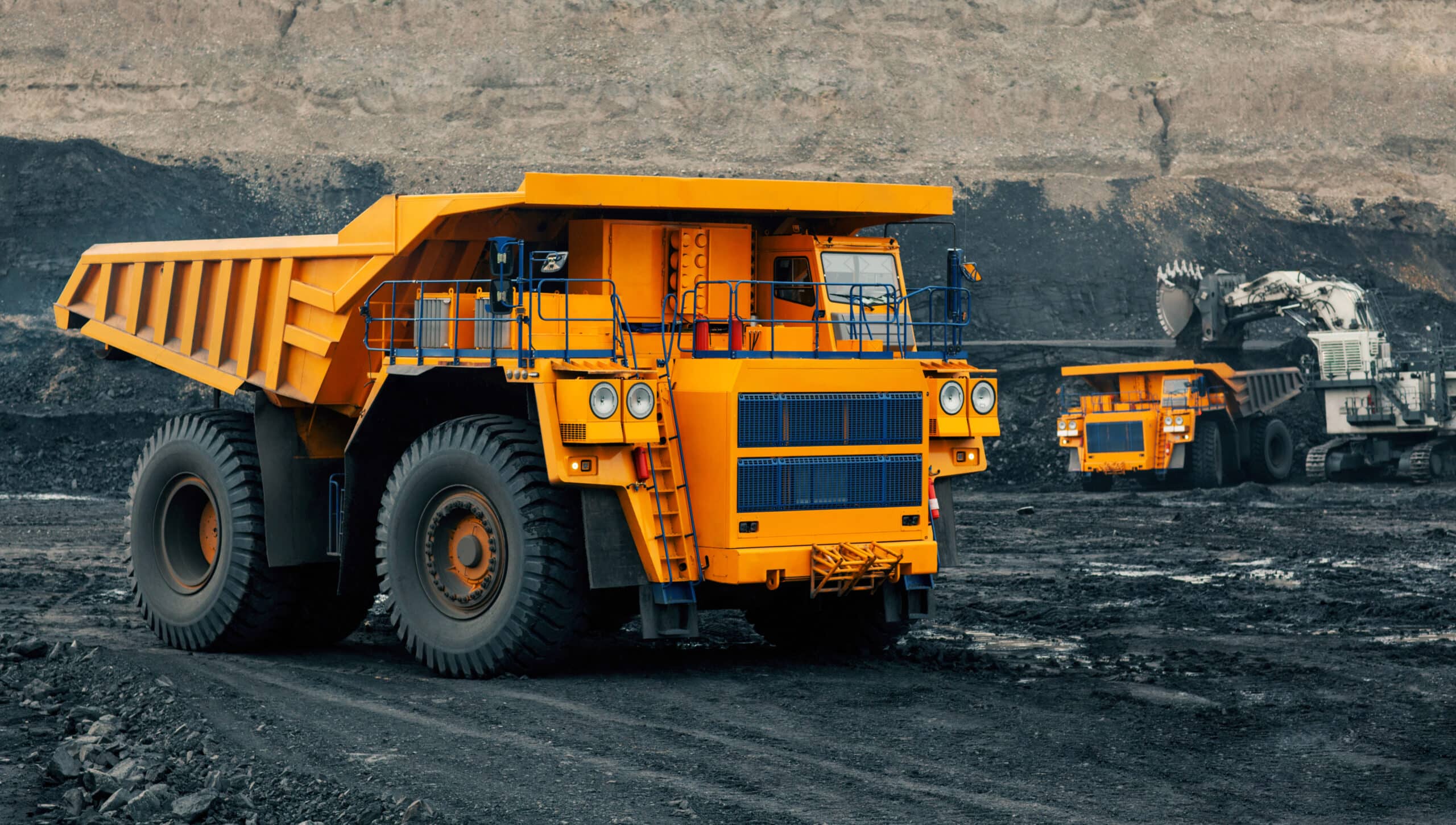The Mining industry in South Africa has been a contentious bone of contention for 15 years, by the name of Erasmus Stephanus Jacobs discovered South Africa’s first diamond, the Eureka, in Hopetown in 1867. This jump-started the so-called Mineral Revolution.
“Although gold, diamonds, platinum and coal are the most well-known among the minerals and metals mined, South Africa also hosts chrome, vanadium, titanium and a number of other lesser minerals.”
Today, this industry is one of the biggest contributors to South Africa’s economy with an estimated worth of R20.3 trillion. It is the world’s fifth largest mining economy in terms of gross domestic product (GDP), contributing 8% to South Africa’s GDP. The first mine was constructed in 1852, a copper project that would form the cornerstone of the town of (today) Springbok, in the Northern Cape Province.
Advanced Water Management Solutions
The benefits of becoming water stewards include greater operational sustainability and efficiency, and better relationships with communities and governments. They become more attractive to investors who link water stewardship with future-minded mining operations.
These are the five ways mines can improve their water footprint:
New technologies: Advanced water tracking systems and the IoT, can help reduce consumption, environmental impacts, and circumvent problems like leaks and plant failures.
Efficient solutions: Mines can improve water-related processes to reduce usage and costs. For example, our energy-efficient modular systems save immensely on power consumption, and with an added benefit of the use of less chemicals, resulting in less pollution.
Reuse: Wastewater reuse is an intelligent way of processing and minimizing water impact and effluent discharge volumes – which in turn reduces overall consumption. Not only does it reduce pollution footprint, but creates a sustainable source for certain processes.
Recycling: By using our advanced modular water treatment systems, mines can recycle can support on-site staff, supply surrounding communities, be safely discharged into the environment, or for use as buffer or back-up for times of scarcity.
Alternative water sources: Mines usually operate in rural areas where the supply of suitable water is not always accessible. This is where mining operations can benefit from alternative water sources, such as desalination and wastewater reclamation.
We are in the business of modifying existing water supplies to make them suitable for specific intended uses as described above. MEB believes that service is the crux of a water treatment project for a sustainable outcome and a well-maintained plant. You can get the complete range of water treatment options from our staff in no time, so don’t hesitate.

